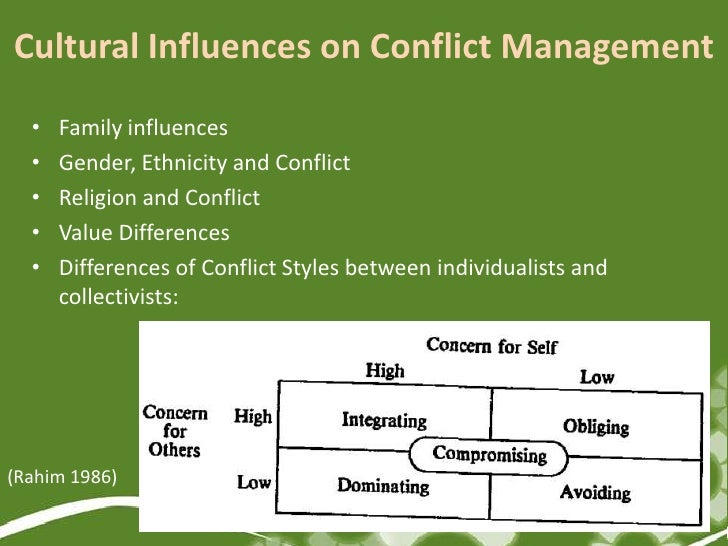


The implications of a universalistic approach to cross‐cultural communication training are discussed. Implications of politeness for managerial cross‐cultural communication are explored. This paper reviews anthropological/sociolinguistic research on one universal variable, “politeness.” Politeness, or linguistic indirection used to show social consideration, is a crucial element of interpersonal communication in all human cultures, yet it has received little mention in the literature. This paper argues that an etic approach, one based on universal variables that occur in every culture and that vary across cultures, comprises an important alternative. New York/London: Routledge.Training programs designed to enhance managerial effectiveness at cross‐cultural communication tend to be directed at specific target cultures. New York: New York University Press.Įller, J. Honolulu: University of Hawaii Press.Ĭhew, P.

New York: Basic Books.īrigg, M., & Bleiker, R. Bloodlines: From ethnic pride to ethnic terrorism. Rethinking intractable conflict: The perspective of dynamical systems. Vallacher, R., Coleman, P., Nowak, A., & Bui-Wrzosinska, L. Austin (Eds.), Psychology of intergroup relations. The social identity theory of intergroups behavior. People share what they know in many waysthrough emails, hallway conversations, messaging apps, and meetings. Identify and direct knowledge sharing energy. Lutz (Eds.), New directions in psychological anthropology. Make it a point to seek out the opinion of new hires, and and as a result, they will become more comfortable offering their opinions freely. Anthropology and psychology: An unrequited relationship. Cultural contestation in ethnic conflict. Contemporary conflict resolution (4th ed.). Ramsbotham, O., Woodhouse, T., & Miall, H. Preparing for peace: Conflict transformation across cultures. Intractable conflicts and their transformation. Kriesberg, L., Northrop, T., & Thorson, S. Such risks are of course minimized in written communication where there is no co-presence between speaker and audience. Basingstoke/Hampshire: Palgrave Macmillan. communication, the risks involved in such a ritual interaction (see Goffman), and the need sometimes to adopt certain verbal strategies during such encounters in order to stave off, contain, or manage tense situations. Social identity and conflict: Structures, dynamics and implications. Culture’s consequences: International differences in work related values. Cultural variation in conflict resolution: Alternatives to violence. Cambridge: Cambridge University Press.įry, D., & Bjorkvist, K. Reclaiming everyday peace: Local voices in measurement and evaluation after war. New York/London: Psychology Press.įirchow, P. Cognition and emotion: From order to disorder. San Francisco: Jossey Bass.ĭalgleish, T., & Power, M.

Coleman (Eds.), Handbook of conflict resolution: Theory and practice (pp. Washington, DC: United States Institute of Peace Press.Ĭoleman, P. Basingstoke/Hampshire: Palgrave Macmillan.Ĭohen, R. The new politics of conflict resolution: Responding to difference. Peace and Conflict: Journal of Peace Psychology, 25(3), 182–197.īrigg, M. The challenges of social and political psychology in pursuit of peace. The management of protracted social conflict. Westport: Greenwood Press/Praeger.Īzar, E. Conflict resolution: Cross-cultural perspectives. Manchester: Manchester University Press.Īvruch, K., Black, P. van der Merwe (Eds.), Conflict resolution theory and practice (pp. Conflict resolution in intercultural settings: Problems and prospects. London and New York: Paradigm Publishers/Routledge.Īvruch, K., & Black, P. Context and pretext in conflict resolution: Culture, identity, Power and practice. Washington, DC: United States Institute of Peace Press.Īvruch, K. Gainesville: University Press of Florida.Īvruch, K. Nonviolence and peace building in Islam: Theory and practice.


 0 kommentar(er)
0 kommentar(er)
